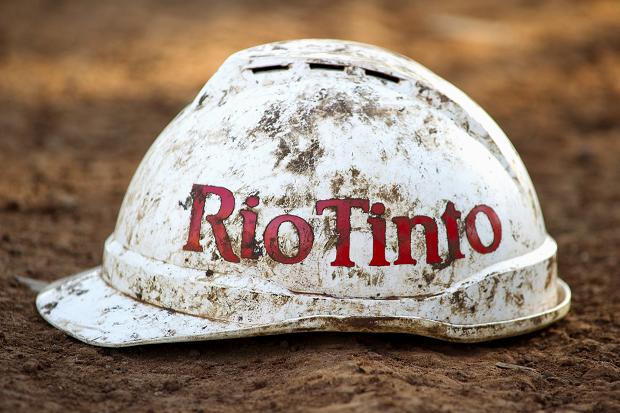ID :
277186
Wed, 03/06/2013 - 15:07
Auther :
Shortlink :
http://m.oananews.org//node/277186
The shortlink copeid
MANAGEMENT COST IS 2.5 TIMES HIGHER THAN INT'L STANDARDS

Ulaanbaatar /MONTSAME/
(continuation)
4. The management cost is higher 2-2.5 times of international standards
By the investment agreement, the management cost to be paid to the investors (sometimes called as the amount of payment for management services) equals three per cent of the whole investment before commission of the productions and six percent after the production's commissioning.
However, this cost is higher 2-2.5 percent than that of international standards, and the government of Mongolia considers as necessity to make a science-based investigation to this problem, and especially wants to know a concrete factor of increasing the cost and to approve a rule of method for calculating the cost of management services.
As the government has calculated, the payment for management service, which be will be paid off in the implementation term of the OT project, is to be equal to 32 percent (current price) of a payment for mineral exploitation to the Mongolian government.
The current cost performance of the OT project shows, the management service exceedes the amount reflected in the feasibility study as much as the costs of primary and action costs of the project increase. For example, it was planned to spend USD 153 million for the management cost in 2010-2013, but it will increase to USD 321.4 million, or 95.5 percent, by the real performance. Because of this situation, the government of Mongolia demands that the Rio Tinto Group explaines what the reason are behind utilizing these money which are 2.5 times than the international standards. The problem must be promptly tackled, the government says.
5. Rio Tinto must ensure implementation of Mongolian laws
The Rio Tinto Group must carry out activities in accordance with Mongolian laws:
- In conjunction with establishing the OT investment agreement, the windfall tax was annulled in August of 2009. Then, the Parliament Speaker warned that the government should create a new environment foro tax through a progression scale for the exploitation of mineral resources. It has been recorded at a plenary meeting of the parliamentary session.
Different effects of the law to two entities, running the same business, do not meet justice, so it is considered as necessity to implement the above tax environment.
On January 19, 2011, the parliamentary Standing committee on security and foreign policy obliged the government to transmit to the OT LLC the mineral exploitation payment, which is based on the price increase rate of products. These resolutions and decisions of parliament have not been implemented, thus the Mongolian government considers the investors must ensure the implementation:
- The Rio Tinto must exploit the mineral resources only estimated by the mineral professional council and the feasibility study calculations, and take necessary measures for sustainably augmenting the resource without exhausting all the reserves.
The Minerals Law of Mongolia says the mining license holder shall not exhaust all the mineral reserves. It is prohibited to mine selecting the high-grade areas. But the size of the current resource reflected in the feasibility study as well as the nominal value of the products have been estimated much lower, therefore the project's profit looks very little. Thus, the Mongolian side requires the investors to alter the feasibility study.
By the estimation in July of 2009 of all the mineral resources at the OT deposit approved by the Mongolian authorities, it has 45 million tons copper and 1,800 tons gold. However, the investors have projected to exploit copper which is smaller than four times than the estimated size, and the gold--smaller than three times. This is a groundless fact, the government considers.
- The government also demands the investors that it must bring closer a date of giving an opportunity to augment portion of the Mongolian side after recovering the investment by ensuring the #57 resolution of parliament. In addition, the Ivanhoe Mines (now Turquoise Hill Resources) has earned about USD 4 billion by selling shares equal to 51 per cent of its company at the international market, but this income does not belong to the Mongolian side. This is not a fair action, the Mongolian government considers. .
B.Khuder
to be continued





